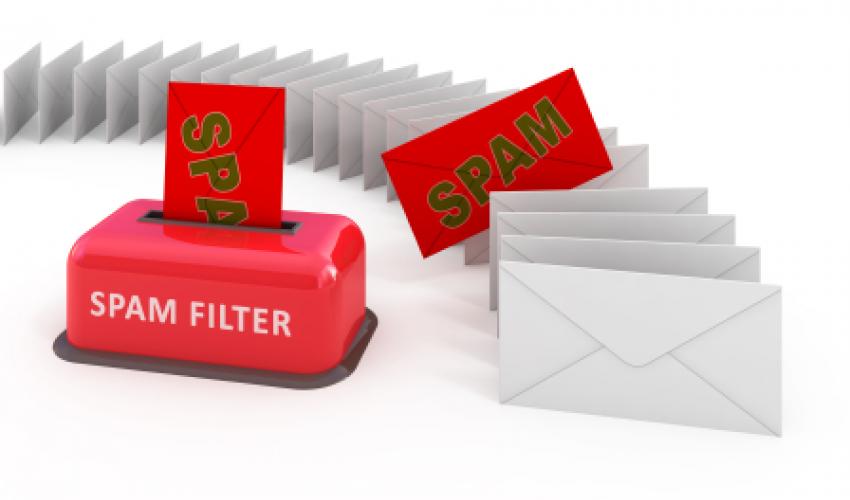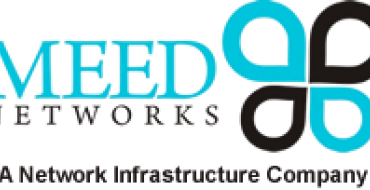
Spam is flooding the Internet with many copies of the same message, in an attempt to force the message on people who would not otherwise choose to receive it. Most spam is commercial advertising, often for dubious products, get-rich-quick schemes, or quasi-legal services. Spam costs the sender very little to send -- most of the costs are paid for by the recipient or the carriers rather than by the sender.
It is any form of unrequested message. Its most common form is undesirable email. Spam can contain pornographic material, unsolicited business offers which are usually scams, and phony stock information.
Phishing content is a special form of spam (according to legislation, phishing refers to a person or a group of cyber-criminals who create an imitation or copy of an existing legitimate Web page to trick users into providing sensitive personal information). For example, you might receive an email from a bank stating that your account will be shut down if you do not provide certain information. The email will provide a link which will open a web page. The information requested on the page will be sensitive financial information. Although the email may look like it comes from a legitimate bank, it actually comes from thieves hoping to steal your assets and/or identity. Responding to "phishing" emails put your accounts at risk.
You can help reduce the chances that your computer will become part of a botnet:
-
Use good computer security practices and disconnect from the internet when you're away from your computer. Hackers can’t get to your computer when it’s not connected to the internet.
-
Be cautious about opening any attachments or downloading files from emails you receive. Don't open an email attachment — even if it looks like it's from a friend or coworker — unless you are expecting it or you know what it is. If you send an email with an attached file, include a message explaining what it is.
-
Download free software only from sites you know and trust. It can be appealing to download free software – like games, file-sharing programs, and customized toolbars. But remember that free software programs may contain malware.
Detect and get rid of malware.
It can be difficult to tell if a spammer has installed malware on your computer, but there are some warning signs:
-
Your friends may tell you about weird email messages they’ve received from you.
-
Your computer may operate more slowly or sluggishly.
-
You may find email messages in your sent folder that you didn't send.
If your computer has been hacked or infected by a virus, disconnect from the internet right away. Then take steps to remove malware.
- Log in to post comments





